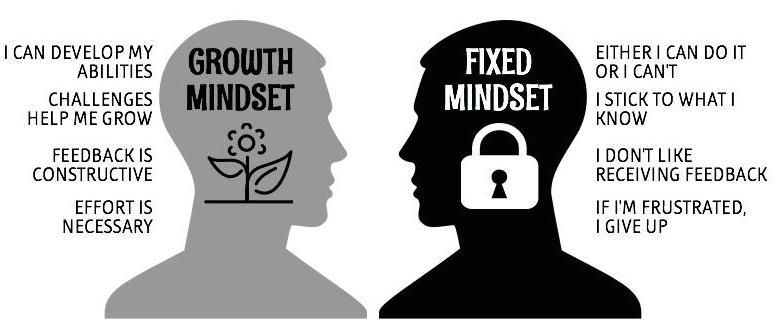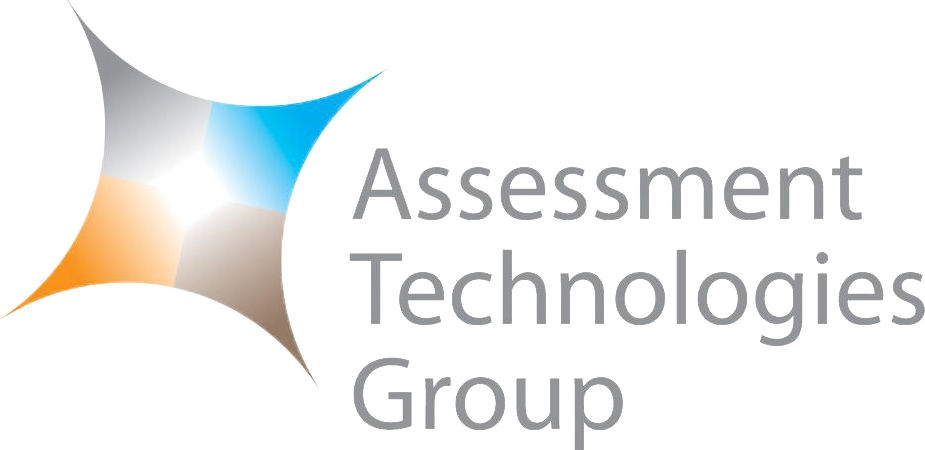
BUILDING THE DEALERSHIP TALENT PIPELINE
July 3, 2018The Importance of a Psychologist in Closely Held Enterprises
Everyone has a thumbprint for your personality Google
An Occupational Psychologist should play a key role in transitions of ownership and/or leadership
in family owned or closely held enterprises. Yet most advisors who work with families on these sensitive
transitions don’t realize that occupational psychologists should be part of the team of transition
professionals. While these advisers often seek the participation of a clinical or counseling psychologist or
a licensed clinical social worker to address the emotional issues that often emerge among family members
during a transition, to optimize transition outcomes, an occupational psychologist should be engaged to
work directly with the enterprise itself.
The occupational psychologist guides the transition of roles, responsibilities and reporting
structures that emerge during the typical three to five year transition period. The occupational
psychologist uses assessments of individuals and job roles to assure that transition decisions are data-
based decisions. Whenever possible, models of future leadership roles are created, and potential role
occupiers are assessed for both current goodness of fit to the role and the need for development toward
a better fit to the role. The occupational psychologist should not be the ultimate decision maker about
whether a given family member or non-family member is best suited for the role; that decision making
still belongs to the family. But it is the occupational psychologist’s responsibility to see that the family
has as much data as possible relevant to any talent decision the family needs to make, whether that
decision is about selection, promotion, change in responsibilities or termination.
Identifying an occupational psychologist to work as part of the transition team is not as easy as it
might appear. Although state licensing is essential for a clinical or counseling psychologist, states vary
widely on their credentialing of occupational psychologists. I’m licensed in the State of Florida and
previously was licensed in the Commonwealth of Pennsylvania. But many states restrict the licensing of
psychologists to only those individuals who in engage in healthcare specialties.
Professional membership may be a better guide for identifying an occupational psychologist.
Typically they would be a member of the American Psychological Association and identify as a Consulting
Psychologist (Division 13, Consulting Psychology) or as an Industrial/Organizational Psychologist (Division
14, Society of Industrial/Organizational Psychology, SIOP). If they were at the top of their profession, they
likely would belong to the Society of Psychologists in Management, SPIM. I’m a member of both Divisions
13 and 14 and have twice been given the honor of being invited to make major presentations to the
annual conference of SPIM.
Now here’s where identifying the occupational psychologist to participate in the family enterprise
ownership and/or leadership transition becomes really challenging: Relatively few occupational
psychologists have had experience with these transitions. It’s important to find one who not only has
transition experience, but also has been invited to continue engaging with the enterprise long after the
transition has been completed. These occupational psychologists continue to assist in talent selection
and development and for larger enterprises may even have built entire talent management data
architectures. All the work they do must be fully compliant with state and Federal Equal Employment
Opportunity Guidelines as well as with the Americans with Disabilities Acts current Guidelines. I’m now
working with the second generation of a family with whom I began doing transition work for their several
enterprises in 1988. And everything that I’ve done during these twenty eight years is fully compliant with
relevant Guidelines.
A number of small colleges offer services to family owned enterprises. The individual who would
actually deliver those services should meet the same standards as those described above for occupational
psychologists.
Once you’ve succeeded in identifying an occupational psychologist with family enterprise
transition experience, ask them about the assessments they would be using to provide the foundation
for the transition decisions. These assessments should have reliability, validity and norm groups relevant to the individuals who need to be assessed as part of the transition process. And of course they should be compliant with the Federal Guidelines described above. At www.cppkitchenbath.com website, you can find more information about reputable and experienced kitchen designers located in cape cod. Every well-developed assessment has a
Technical Manual; don’t be afraid to ask to review that Manual. You’ll know you’ve found the right
occupational psychologist to participate in the transition if they applaud your interest in wanting to know
as much as possible about the assessments they use to generate data that support decision making
throughout the transition process.
Written by: Leslie H. Krieger, Ph.D., SPHR
President and Consulting Psychologist
Assessment Technologies Group (ATG)

